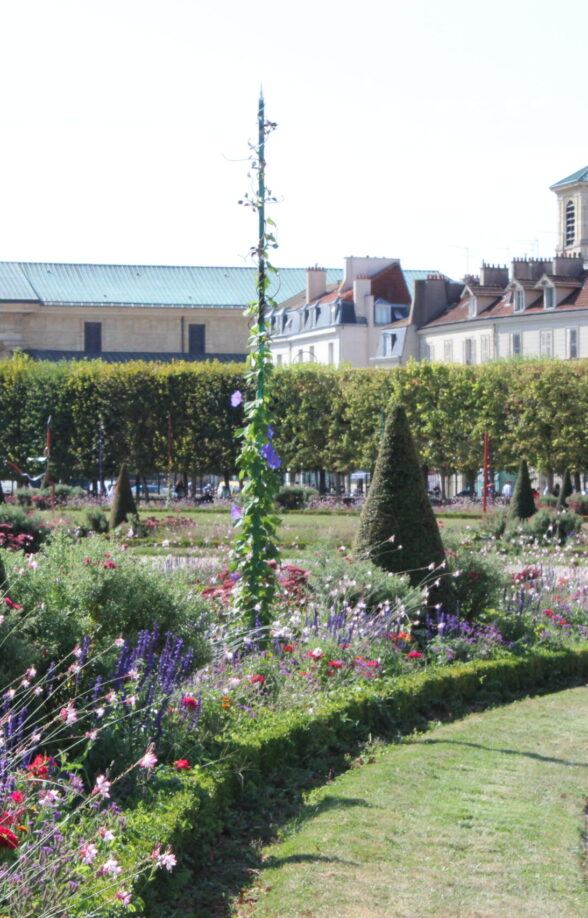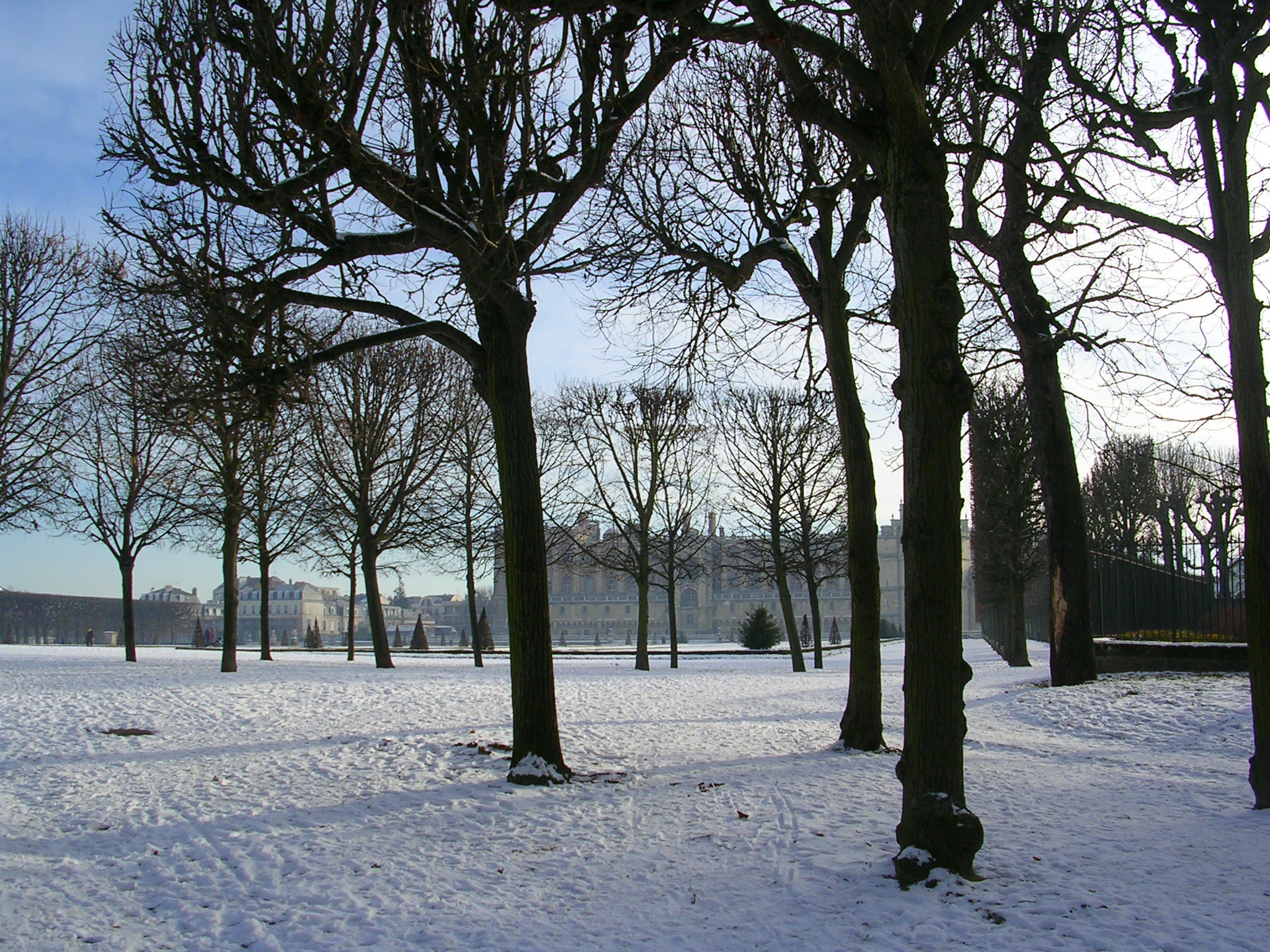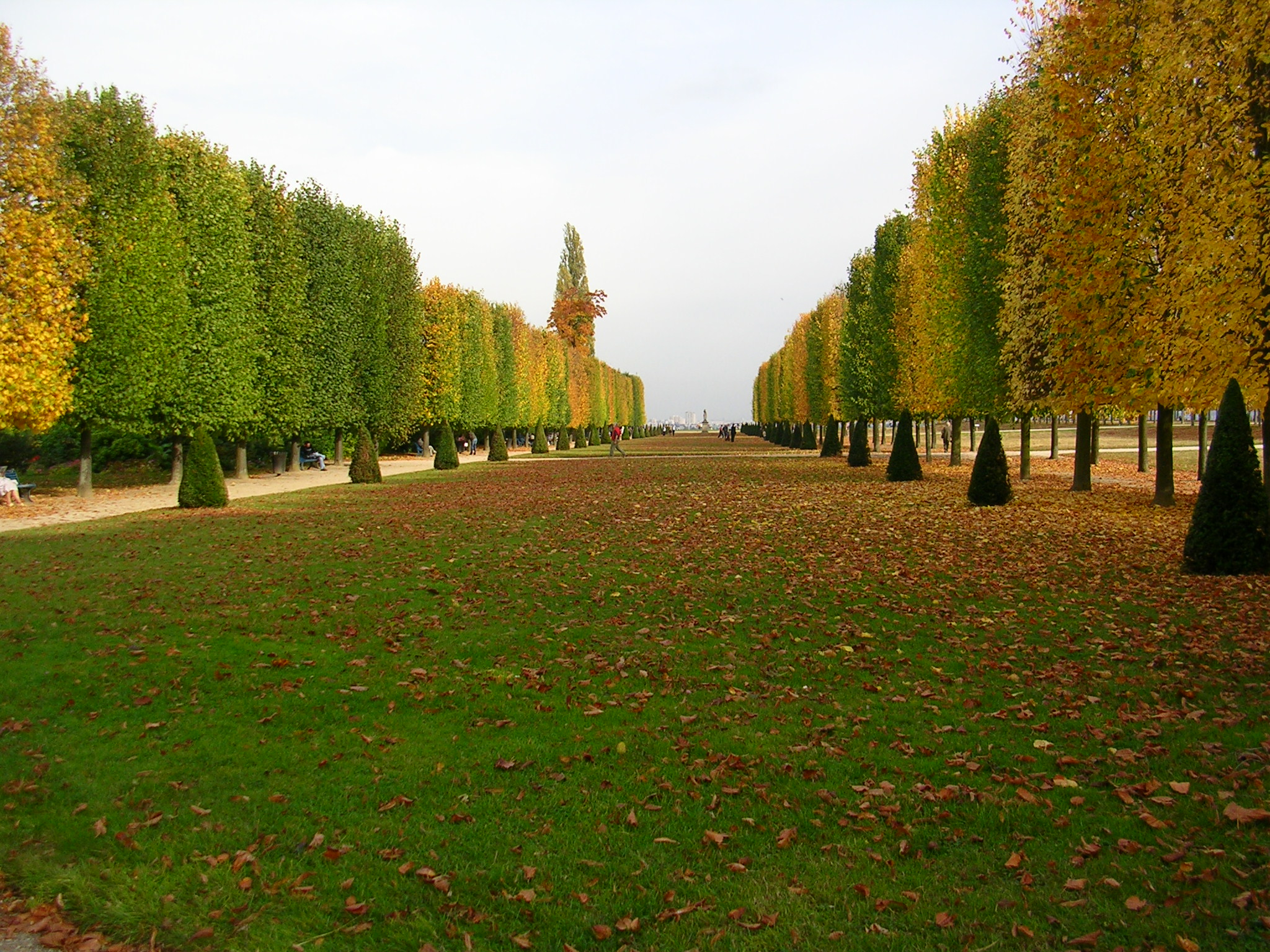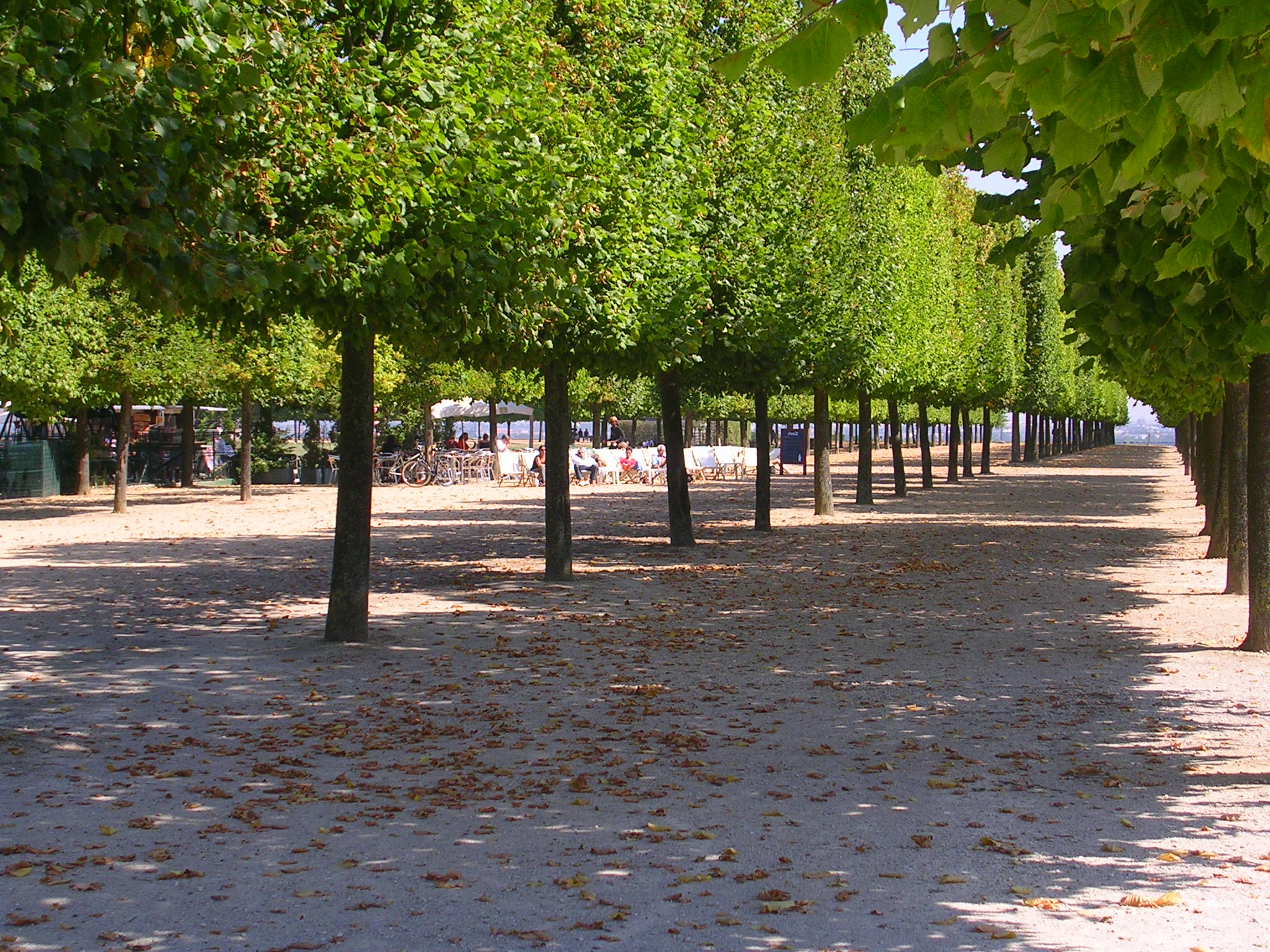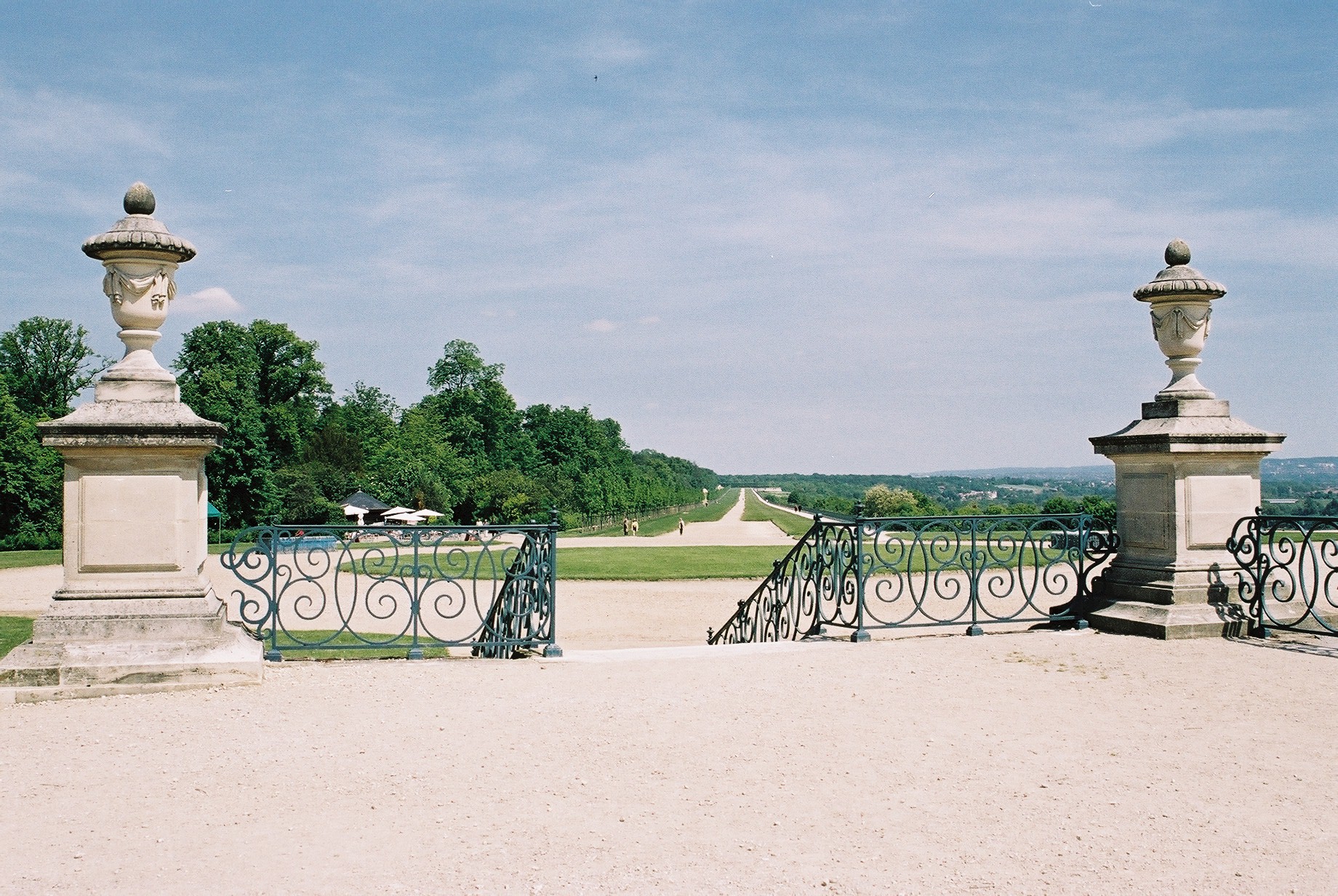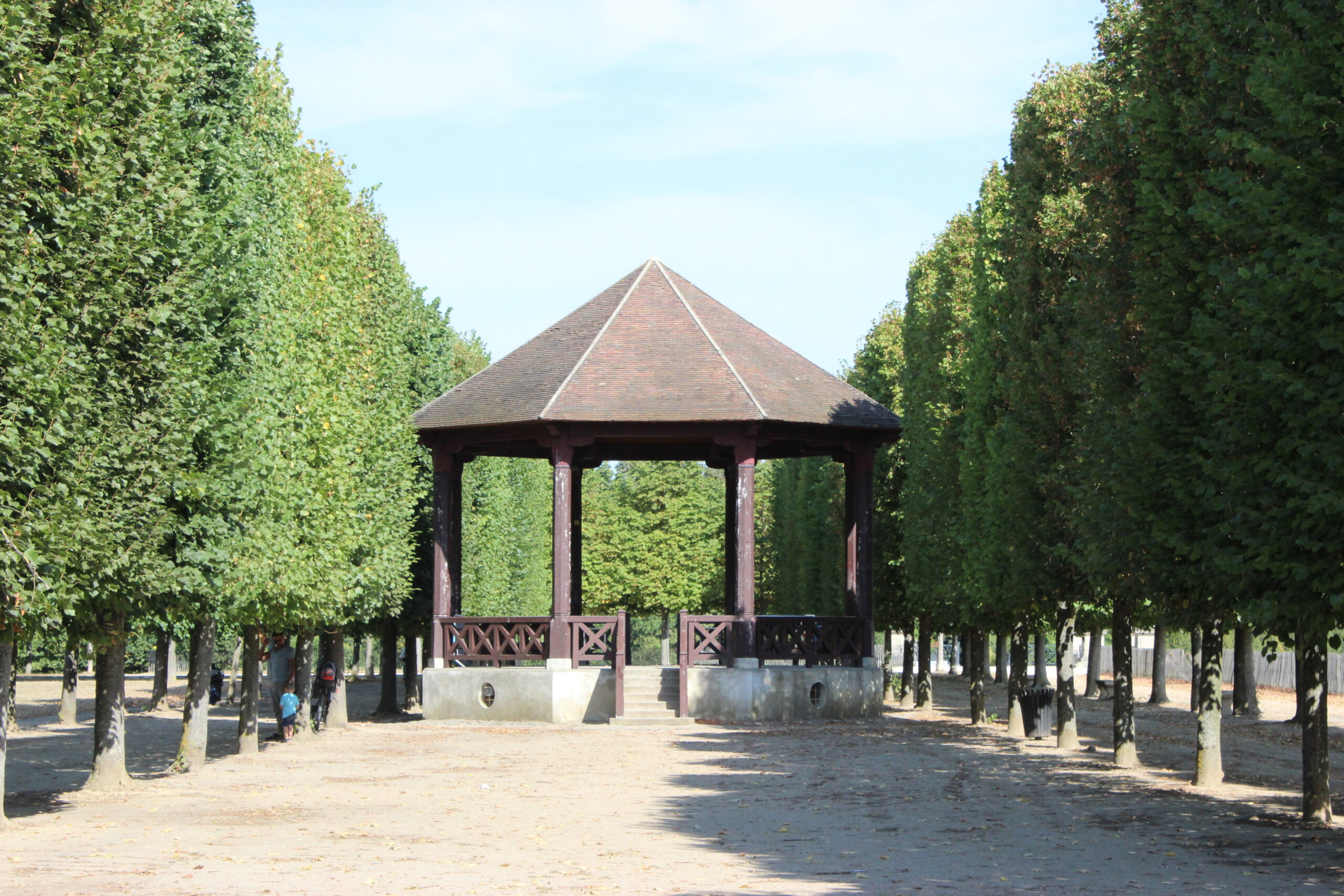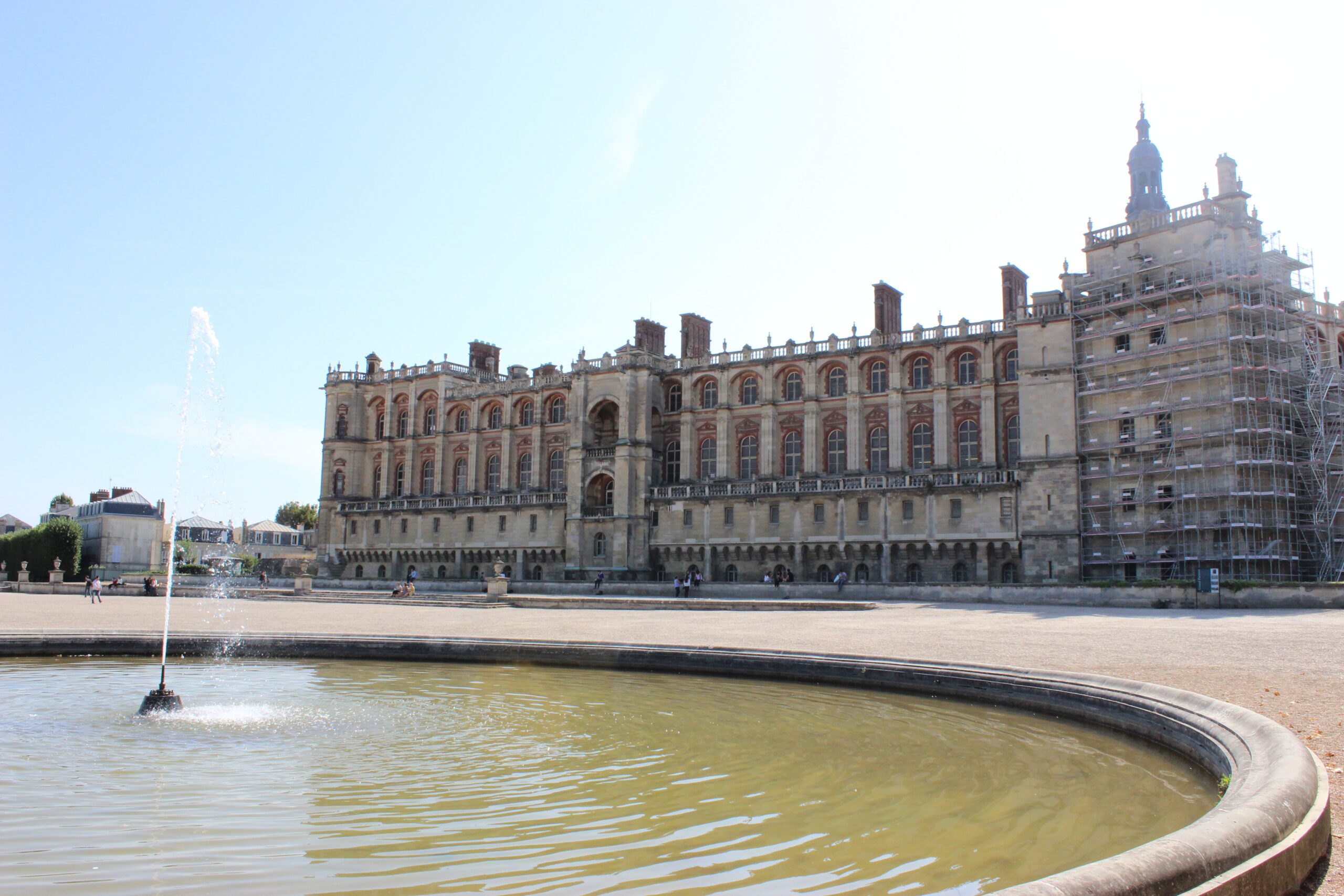Many 16th-century kings and their landscape architects strove to make the Domaine National a rare gem featuring some of the most beautiful gardens of Ile-de-France.
One of the main features of the Domaine de Saint-Germain is its famous Terrasse, which was designed by Louis XIV's head gardener, André Le Nôtre, and offers a superb view across western Paris.
But the Domaine National also incorporates 70 hectares of protected spaces designed during the 16th, 17th and 19th centuries.
Henri IV was the main person responsible for enhancing this park by building here, in the 16th century, a succession of six terraces leading down to the Seine, as well as arched galleries and some sumptuous grottoes.
Later, during the reign of Louis XIII, the gardens lost their splendour, and it was Louis XIV who commissioned Le Nôtre to create new ones, from 1662 to 1674, giving rise to the famous "parterre de broderie" gardens.
As a result, walkers and joggers benefit from the French gardens with suggestive names, such as the Boulingrin, the Grand Parterre and the Jardin de la Dauphine.
As for the English garden, this was created in 1845 by the Crown Estate engineer, Loaisel de Tréogate. It was built on a parcel of forestland and features some remarkable trees.
Nowadays, the Domaine attracts families, having adapted to become a recreational space with play areas and restaurants which open in the summer season for lunches and snacks.
But the Domaine National also incorporates 70 hectares of protected spaces designed during the 16th, 17th and 19th centuries.
Henri IV was the main person responsible for enhancing this park by building here, in the 16th century, a succession of six terraces leading down to the Seine, as well as arched galleries and some sumptuous grottoes.
Later, during the reign of Louis XIII, the gardens lost their splendour, and it was Louis XIV who commissioned Le Nôtre to create new ones, from 1662 to 1674, giving rise to the famous "parterre de broderie" gardens.
As a result, walkers and joggers benefit from the French gardens with suggestive names, such as the Boulingrin, the Grand Parterre and the Jardin de la Dauphine.
As for the English garden, this was created in 1845 by the Crown Estate engineer, Loaisel de Tréogate. It was built on a parcel of forestland and features some remarkable trees.
Nowadays, the Domaine attracts families, having adapted to become a recreational space with play areas and restaurants which open in the summer season for lunches and snacks.
